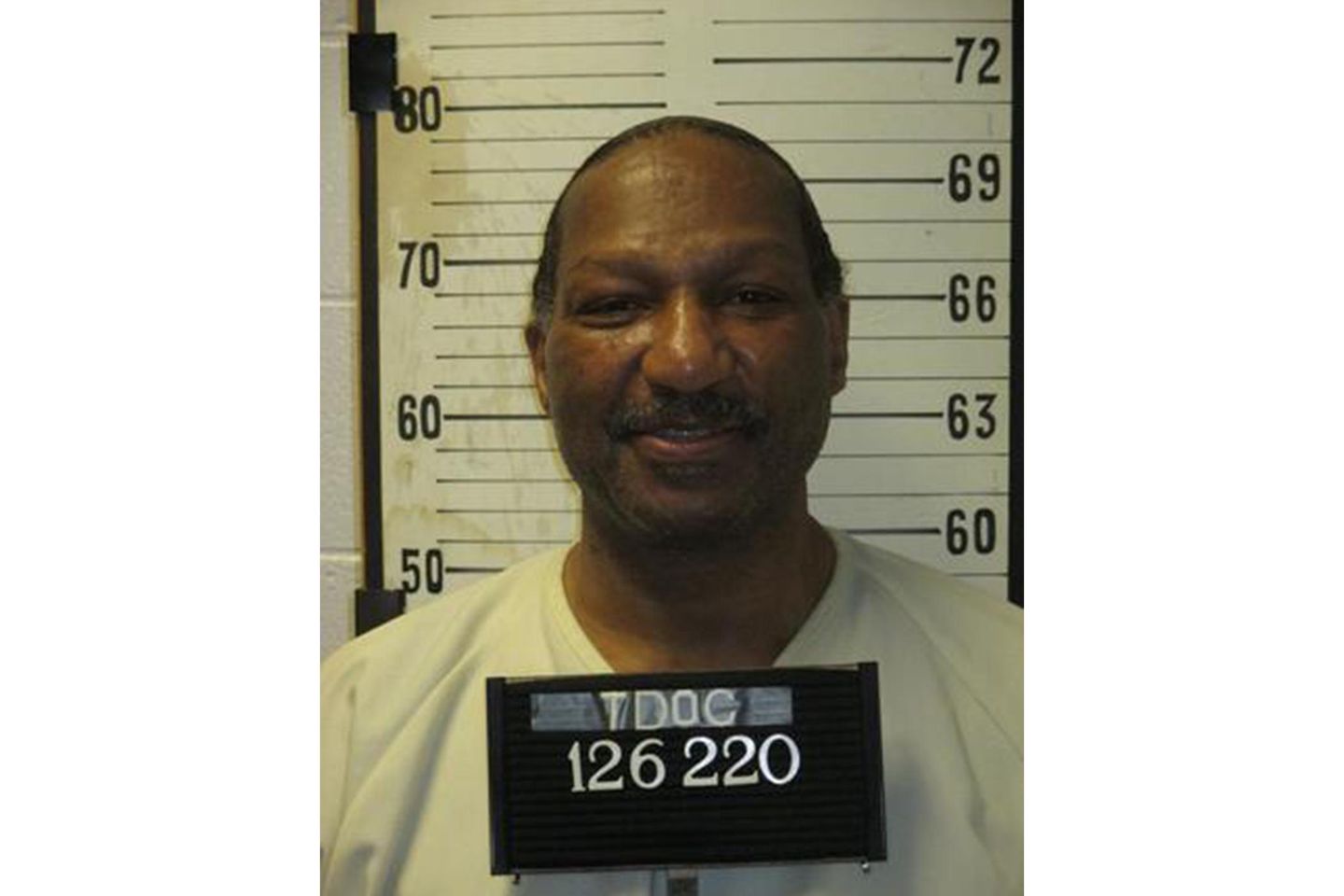
A Tennessee inmate on death row has asked the Supreme Court to halt his execution next month, arguing that he is too incompetent to die because he has developed dementia.
Lawyers for Byron Black detail in a 24-page court filing his lack of mental acuity since birth. They say he was beset with neurotoxins in utero and was slow in school.
According to the court documents, 99 out of 100 men Black’s age have a better memory. Black is 69.
“Mr. Black’s impairments and symptoms intensify by the day as he ages. Structurally, Mr. Black’s brain volume is now three and a half standard deviations below the mean; some regions of his brain have atrophied, and their volume is more than four standard deviations below the norm,” his lawyers told the high court. “He now meets the clinical requirements for a diagnosis of major neurocognitive disorder (dementia).”
The lawyers say the U.S. Constitution and common law would prohibit the execution of a person with Black’s low cognitive functions. The Eighth Amendment prohibits the execution of someone who is incompetent or insane.
“As a result of significantly subaverage intellectual functioning, profound deficits of memory, an inability to manage his own affairs, and brain damage, Mr. Black is incompetent to be executed,” his lawyers argued.
Tennessee Attorney General Jonathan Skrmetti said the Supreme Court ruled in 2007 that a court must decide if a prisoner has “a rational understanding of the reason for [his] execution” in order to determine if an inmate is competent.
Mr. Skrmetti says Black meets that standard.
“No one disputes that Black meets that standard,” the attorney general wrote in a court filing. “Indeed, the only expert to opine on Black’s competency under that standard — Black’s own expert — confirmed that he “likely meets th[e] low bar for competency to be executed.”
John H. Blume, director of the Cornell Death Penalty Project at Cornell Law School, said the Supreme Court hasn’t adopted a hard rule that says people with dementia cannot be executed. Instead, it comes down to if the person can rationally understand they are sentenced to death and what it means to die.
Mr. Blume said the dementia issue may continually pop up before the justices due to the aging death row population.
“It is an interesting legal question. Does the Eighth Amendment, does the common law prohibition of execution against the insane also apply to idiocy,” he said. “You have to be realistic about this Supreme Court and who they are. They haven’t stopped much.”
Black also has been fighting in court to prevent his pacemaker from shocking his heart during the execution. He wants the pacemaker deactivated before the execution takes place.
Black has been on death row since 1989. He was convicted the year before killing his 29-year-old girlfriend and her two daughters, aged 9 and 6. His execution is set for Aug. 5.
The case is Black v. State of Tennessee.











